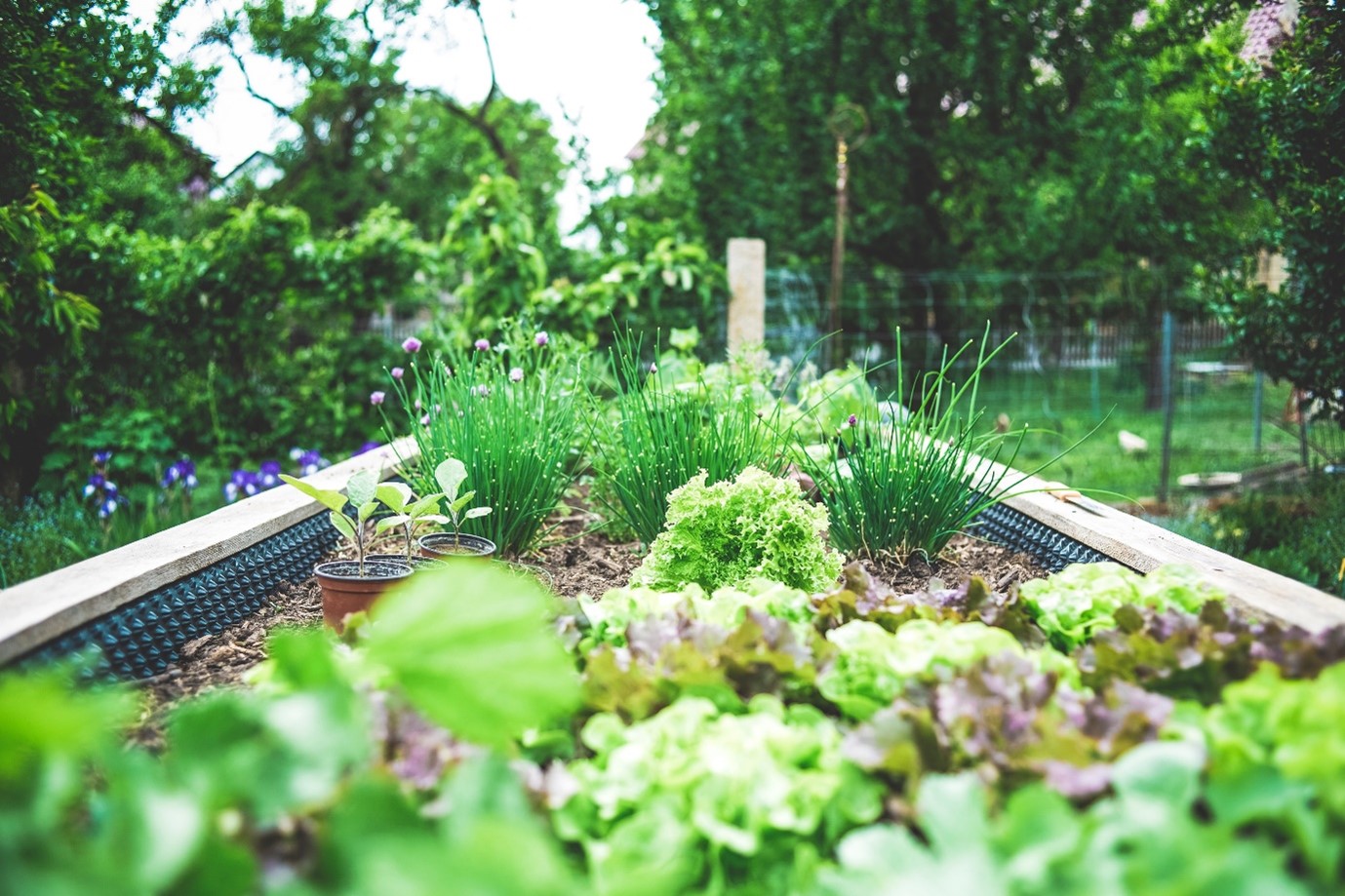Creative Arts and Dementia
Creative Arts Therapy is the use of visual art, music, dance/movement, drama, poetry/creative writing, play, and sand-tray within the context of psychotherapy, counselling, rehabilitation, or healthcare, to improve and enhance, emotional, cognitive, physical, and spiritual well-being. It is based on a variety of orientations, including arts as therapy, art psychotherapy, and the use of arts for traditional healing.
The wide variety of creative expressions used in creative arts therapy allows individuals to choose a medium or combination of mediums that best help them to visualise their experience and story, using a mix of imagery, colour, texture, sound, words, sensations and other forms, it can help them to notice and express thoughts and feelings, which is particularly helpful at times when words are hard to find, or are simply not enough.
How is art based activity beneficial for seniors?
Participating in Creative Arts Therapy offers a range of physical, psychological and cognitive benefits for seniors and people living with dementia. The Creative Arts can help restore basic functions for seniors losing some motor skills, as well as provide a social environment that allows them to develop new, healthy relationships to help increase overall well-being. Benefits of creative arts therapy are multifaceted, which leads to an overall improved quality of life. Seniors living with dementia face additional challenges with communication, mobility, memory and social connection.
What are the benefits for people with dementia?
Creative Arts therapy can help those with dementia offering them a better quality of life through improvements in all of the following four areas:
Communication
People with dementia often have difficulties expressing themselves verbally, which can affect their mood, ability to connect with others and their mental wellbeing. It can lead to agitation and withdrawal in many dementia patients. When seniors with dementia participate in arts therapy, they can experience an improvement in their mood and cognitive ability that lasts long after their session has ended. This is because art therapy enables seniors with dementia to communicate and share memories through the arts, giving them an alternative way to communicate and express their emotions. This opportunity to share an important part of themselves with others has a direct effect on their overall wellbeing.
Mobility
The cognitive decline associated with dementia can impair coordination, balance and fine motor skills. This often means that seniors with dementia have reduced mobility and dexterity, which causes further decline in seniors’ physical and mental health. Arts therapy for seniors provides the opportunity for consistent exercise and fine-motor-skills practice that improves strength, range of motion and dexterity. This can increase the ability of seniors with dementia to do self-care tasks and to move around.
Memory
Memory loss is a significant challenge for people with dementia. It can impact mobility, social connection, mood and mental health, often increasing the risk of depression and anxiety. Arts therapy can help with dementia by enabling seniors to access memories despite existing impairment. It improves working memory as participants focus on creating their artwork.
Social connection
Dementia often reduces social connection through the inability to recognise loved ones, move around and communicate. The improvements that art therapy can cause in these three areas greatly improve the ability of seniors to socially connect with the people in their lives. Regular group classes also provide additional stimulation and social connection for every participant.
What are the benefits?
Creative Arts Therapy offers a range of physical, psychological, and cognitive benefits for seniors and people living with dementia. The use of the arts allows for an alternative method of communication for the elderly, especially when verbal speech is limited. Visual Art is a more visual and sensory way for seniors to express themselves and can help them lower stress, combat depression, feel a higher sense of well-being, and connect with memories they may otherwise have forgotten. Creative Arts Therapy can range from insight-based support groups for those with early-stage dementia or mild cognitive impairment to non-verbal sensory-based interventions for those in advanced stages of dementia.
Creative Arts Therapy provides seniors, including those with dementia, a fun, comfortable and relaxing space to let go of their feelings and express themselves through the arts. The process of creative expression helps people to process their feelings without the need for words, which is extremely therapeutic. The use of creative processes such as; music, voice, and sound; narrative and story-telling; play; creative writing and poetry; clay work; and sand play therapies and visual art, has helped to;
- Foster a sense of accomplishment from the act of creating a piece of art they are proud of.
- Promote communication with those who have difficulty expressing their thoughts and feelings, thus reducing isolation and loneliness.
- Reduction in pain, stress, depression, and anxiety.
- Increase in general physical ability including fine motor skills, and gross motor skills, and a decrease in fragility.
- Increase in mental wellness including cognitive function, memory, and self-regulation.
- Increase ability for coping with strong emotions, memories, and changes in routine.
- Provide meaningful engagement with a sense of purpose
How can Memory Nurture help?
We offer a program called Art Nurture, for people living with dementia. This program is currently delivered face-to-face on an individual basis. An Art Therapist provides assessment and care planning, alongside supporting our experienced Therapy Assistants to implement art interventions for clients. If you would like more information about this program, please visit our Art Therapy page here or contact us.








